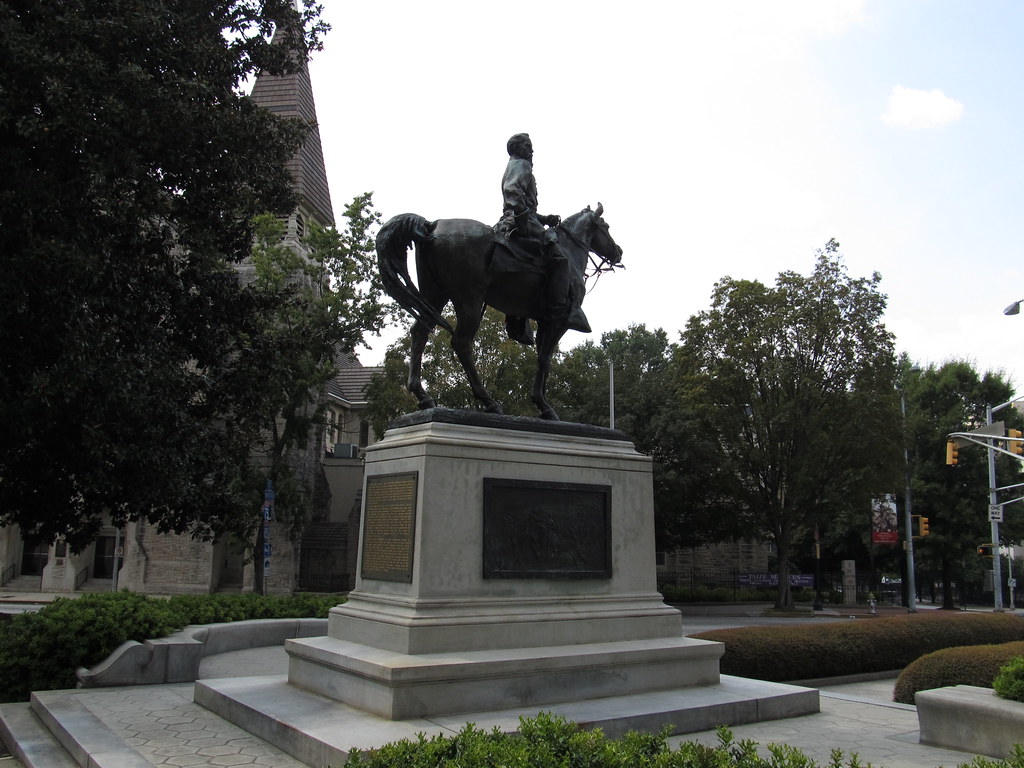ATLANTA (AP) — Georgia is expanding internet access to rural areas and making it harder to relocate Confederate monuments under several bills Gov. Brian Kemp signed into law Friday.
Kemp formally approved the broadband legislation in Dahlonega— a region in North Georgia where residents have struggled with connectivity issues, the Atlanta Journal-Constitution reported.
“We’ve moved the needle on broadband access in rural Georgia,” he said. “We have more to do, but it’s a great step in the right direction.”
One bill would allow the state’s 42 electronic membership corporations to sell internet services, in addition to the power they already provide. Another allows telephone cooperatives to offer internet services. A third lets telecom firms set up 5G technology equipment on public land.
Kemp also signed the Confederate monuments bill Friday. The measure will fine those convicted of vandalizing monuments up to three times the cost of the damage, as well as legal fees and expenses for repairing or replacing the monument.
The legislation came about partly in response to failed proposals that would have allowed local governments to remove Confederate monuments.
Pressure has been mounting for decades to take down monuments honoring the Confederacy. It intensified after a speeding car killed a woman and injured dozens in Charlottesville, Virginia, on Aug. 12, 2017. The vehicle plowed into a crowd of counter-protesters at a rally of white supremacists who were protesting the planned removal of a statue of Confederate Gen. Robert E. Lee.
Confederate monuments at public parks, county courthouses and college campuses across the nation were removed almost daily for weeks afterward.
In addition to Georgia, six other states have laws protecting Confederate monuments.



